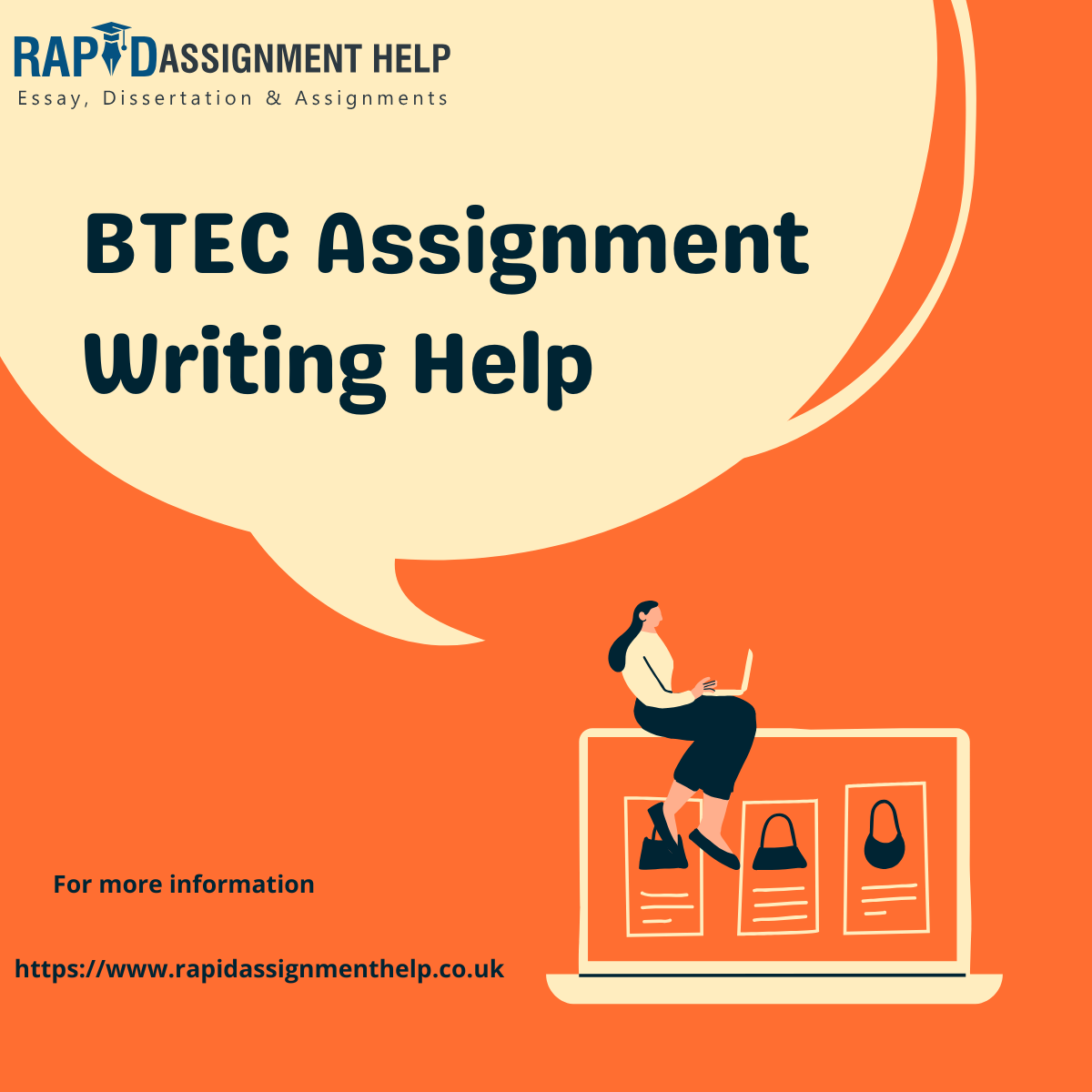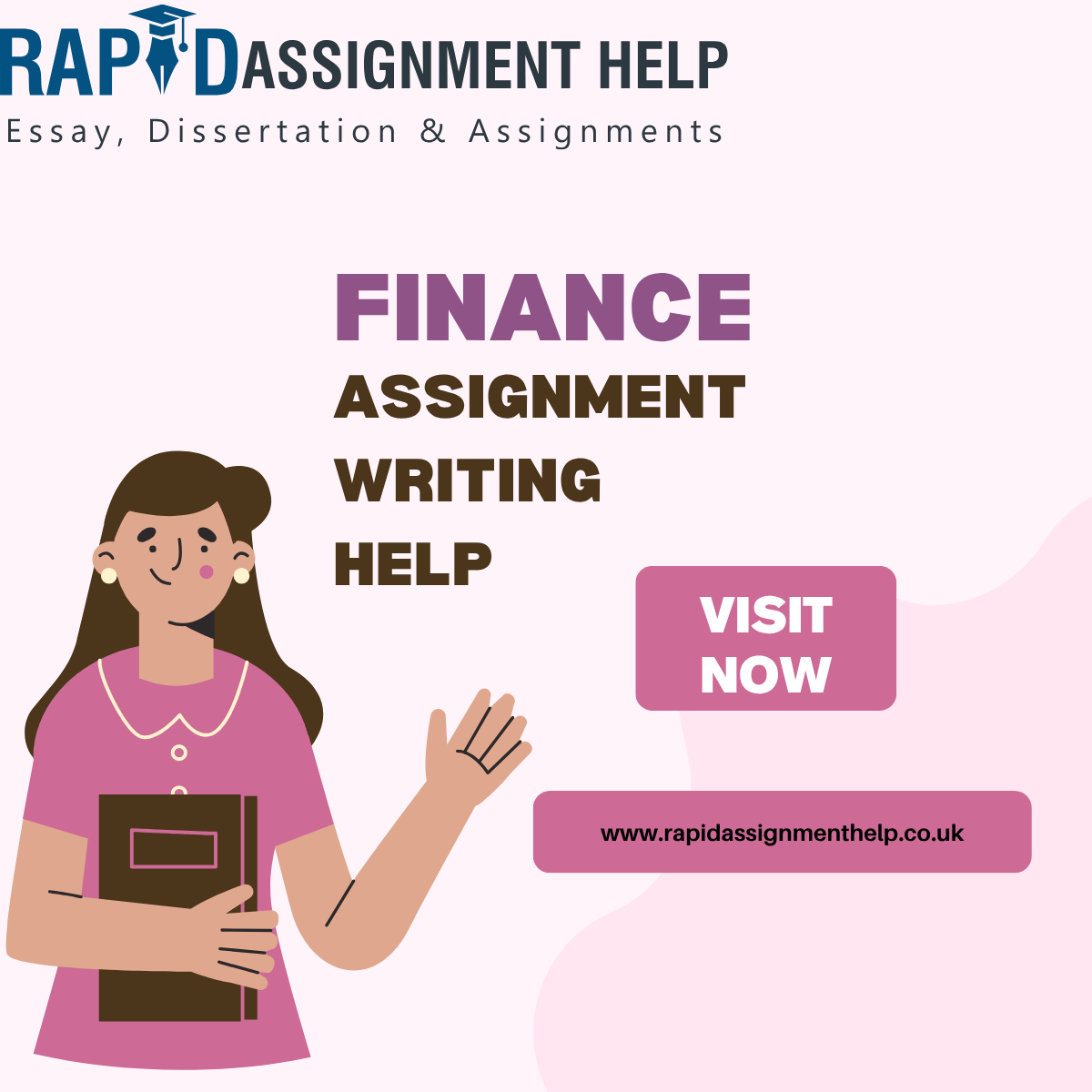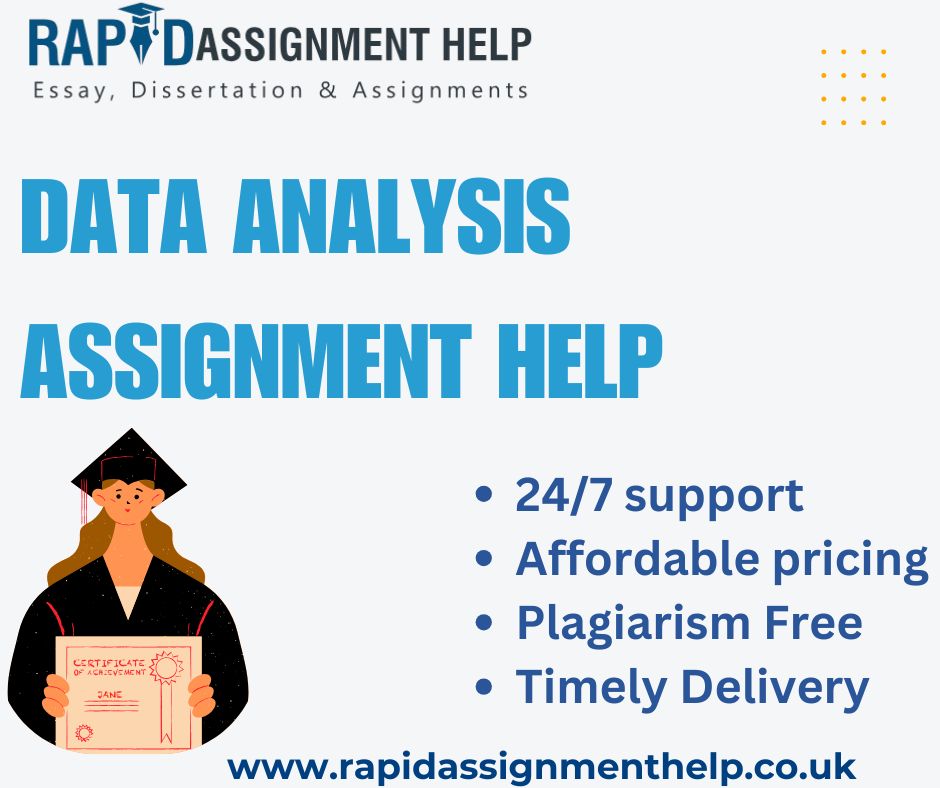Why Sustainability Metrics Matter in BTEC Business Units

Strong 8k brings an ultra-HD IPTV experience to your living room and your pocket.
1. Introduction: Sustainability’s Rise in BTEC Coursework
In response to global concerns about climate change and corporate accountability, UK institutions are embedding sustainability principles into BTEC Business units. Students must now demonstrate understanding of green operations, ethical business practices, and stakeholder impacts—far beyond traditional profit-driven analysis. Topics like carbon footprinting, ethical sourcing, and sustainable marketing strategies are no longer optional; they’re essential parts of assessment criteria.
2. The Business Case for Sustainability
Modern businesses recognize that sustainability is both a risk and an opportunity:
Consumer pressure: UK consumers increasingly prefer green brands; up to 60% report choosing eco‑friendly products.
Regulatory change: UK legislation, such as the Energy Savings Opportunity Scheme (ESOS) and plastic reduction policies, mandates accountability.
Investor interest: ESG reporting attracts investment and improves reputation.
To mirror this in academic projects, BTEC students must incorporate carbon reduction targets, waste management policies, and CSR strategy into business plans and marketing assignments.
3. Integrating Sustainability into Marketing Plans
In marketing-focused coursework, students learn to analyze campaigns through a green lens. This includes:
Quantifying carbon impact of promotional materials
Using eco-labels and sustainable packaging
Designing marketing strategies that highlight ethical sourcing or community engagement
Students often require BTEC assignment help to quantify carbon impact within marketing plans effectively. Tools like carbon calculators and life-cycle assessment (LCA) methods help calculate environmental impact, which students must explain and justify in context.
4. Metrics to Include in Assignments
Key sustainability indicators students should include:
Carbon emissions (CO₂ equivalent per product unit)
Waste reduction (e.g. recycling rate percentage)
Resource usage (water, energy per unit)
Community impact metrics (e.g. jobs created through CSR initiatives)
Presenting these metrics in spreadsheets, tables, or charts allied with narrative explanation strengthens the credibility of assignments.
5. Real-World Examples Students Can Use
UK case studies help ground theory:
Marks & Spencer’s Plan A – Famous for achieving zero waste to landfill and sourcing sustainable materials.
The Body Shop – Pioneered cruelty-free, ethically sourced products, providing a CSR model.
Unilever – Tracks value-chain emissions and produces detailed ESG reports used in student assignments.
Referencing such companies demonstrates students’ understanding of how sustainability works in professional contexts.
6. Ethical Considerations and Reporting
Beyond numbers, assignments now ask to discuss ethical strategy:
Addressing greenwashing concerns
Balancing profit & purpose
Ensuring transparency in CSR disclosures
Reflecting CSR decision-making’s impact on stakeholder trust
Broader assignment help improves referencing strategies in ethical scenario tasks—for example, citing primary CSR reports, NGO sources, or governmental guidelines.
7. Structure and Presentation Tips
High-scoring assignments typically follow this structure:
Executive Summary – Overview of sustainability strategy and outcomes
Situational Analysis – Analysis including ESG context and current green performance
Sustainability Strategy Section – Target setting with measurable metrics
Implementation Plan – Timeline, budgeting, and cross-functional responsibilities
Monitoring & Evaluation Framework – Regular reporting and stakeholder engagement plan
Conclusion & Recommendations – Reflection on challenges and future initiatives
Use visual aids—graphs, charts, templates—to show clear, measurable progress.
8. Common Pitfalls and How to Avoid Them
Some typical mistakes include:
Generic statements without quantification (“we reduce carbon footprint” is not enough)
Ignoring ethical or social impact in pursuit of green metrics
Poor source referencing (particularly when citing ESG reports or company policies)
Overly complicated projections without data to back claims
Accurate sourcing, clear argumentation, and measured claims are key to avoiding these errors.
9. Assessment Criteria and Learning Outcomes
BTEC Business assessment commonly evaluates:
Application of theoretical frameworks (CSR theory, triple bottom line, circular economy)
Use of real-world data and sustainability measurement
Ability to integrate ESG metrics into business decisions
Presentation and referencing quality, reflecting professionalism
Reflective commentary, identifying strengths, weaknesses, and learning points
Doing well in these areas demonstrates not just subject knowledge, but also professional readiness for green business roles.
10. Why These Skills Matter
As sustainability becomes non-negotiable, UK employers expect graduates to bring green business thinking to the table. By learning to:
Quantify environmental impact
Identify stakeholder responsibilities
Develop CSR strategy aligned with business goals
BTEC students position themselves for careers in supply chain, marketing, operations, or corporate governance, with ethical and strategic thinking at their core.
10.Using CSR Frameworks to Enhance Critical Thinking
Applying established CSR frameworks like Carroll’s Pyramid or the Triple Bottom Line helps BTEC students critically evaluate business ethics beyond profit. These models guide learners in balancing economic, legal, ethical, and philanthropic responsibilities. When used in assignments, such frameworks encourage structured analysis—students can assess if a business prioritizes stakeholder welfare, environmental impact, or community initiatives. This approach deepens the quality of evaluation, especially when discussing sustainability strategies or ethical dilemmas. Embedding these frameworks not only boosts academic depth but also reflects real-world decision-making skills expected in responsible business environments.
Final Thoughts
The integration of sustainability metrics and CSR into BTEC Business assignments reflects broader shifts in global industry and public expectation. Students who can demonstrate quantifiable green impact, analyze ethical dilemmas, and structure coherent strategies show true academic and professional readiness.
This approach not only aligns with top assessment standards but prepares learners for responsible business practice in a climate-conscious economy.
Note: IndiBlogHub features both user-submitted and editorial content. We do not verify third-party contributions. Read our Disclaimer and Privacy Policyfor details.





